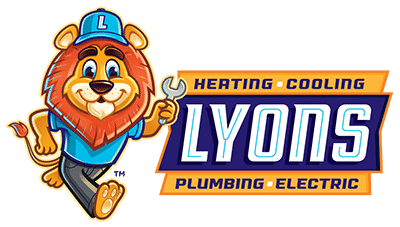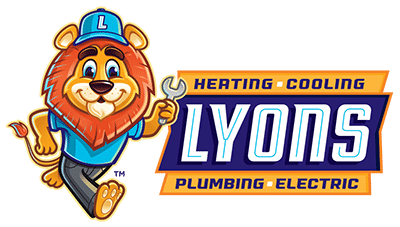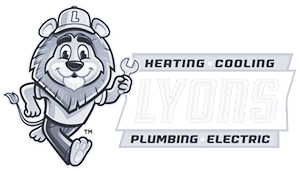Your HVAC system plays a very important role in keeping you warm in the cold months, cool in the hot months, and controlling the relative humidity in your home year-round. Not only that, but it also plays an important role in the indoor air quality of your Texas home or business.
However, the majority of air conditioning systems installed in Texas do not have Fresh Air Intakes. Why? Is fresh air intake really necessary? Does a fresh air intake add additional cost to operating the system? Since the outside air is hot, humid, and usually dirty, do I want a fresh air intake added to my home through the air conditioning system? Don’t I get enough fresh air from just opening and closing doors? What if my house is tight? What if my house is loose? Does it make a difference?
In this blog post, our Rockwall HVAC technicians at Lyons Air & Heat will explain what fresh air intake is and why it is important.
What is Fresh Air Intake?
Fresh air intake is a way to bring fresh air into a living space or commercial business through openings or vents. Fresh air intake vents control how much fresh air is brought into a building while maintaining indoor air quality. In residential settings, fresh air intake is commonly used in conjunction with a furnace or air handler system.
The amount of fresh air brought in is carefully regulated to strike a balance between optimal ventilation and energy efficiency. This is particularly important for homes with combustion-based heating systems, such as those that use natural gas as fuel, as proper fresh air intake prevents the buildup of potentially harmful gases and ensures safe and efficient combustion. When fresh air intakes draw air from the outdoors, it contributes to a healthier and more comfortable living environment for occupants.
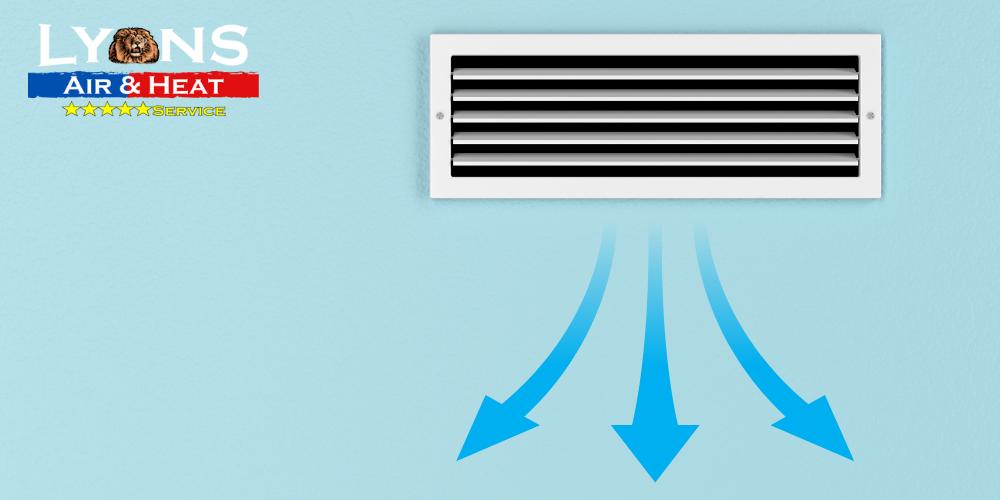
What’s the Purpose of a Fresh Air Intake Vent?
Most homes suffer from cracks and crevices in their foundation, allowing uncontrolled fresh air to enter. Uncontrolled fresh air, which can be very undesirable, may also enter through the air conditioning system and through leaks in the duct system.
Controlled, measured fresh air will improve the health of the home. In many cases, fresh air is brought into the attic return through a 5″ pleated filter. This fresh air intake is open to the outside atmosphere 24 hours a day, 7 days a week. Whenever there is a differential pressure outside the house from inside the house, fresh air will come in.
Whenever there is a moisture differential between the outside and inside of the house – fresh air helps equalize the difference. This reduces window sweating in the wintertime. When the air conditioning system is operating, additional fresh air is drawn in by the natural pull of the blower. The unconditioned filtered fresh air is mixed with return air and then is treated by the air conditioning system – either heated or cooled.
Benefits of Having a Fresh Air Intake
There are several benefits that come with having a fresh air intake for your North Texas home or business. Having a fresh air intake ensures the safety of occupants, improves energy efficiency, saves money on utility bills, enhances airflow and ventilation, and optimizes the operation of your heating and cooling system.
- Safety from Carbon Monoxide: A fresh air intake ensures a constant supply of oxygen to combustion-based heating systems, reducing the risk of carbon monoxide buildup, which can be extremely hazardous to those inside the home or building.
- Energy Efficiency: Proper fresh air intake allows your HVAC system to operate much more efficiently. This is not only good for your system, but also good for the environment (and your wallet!)
- Cost Savings: Piggybacking off the last point, by enhancing the efficiency of your heating and cooling unit, a fresh air intake can help you save money on energy bills over time.
- Improved Air Flow: Fresh air intake helps maintain balanced air pressure within the house. It prevents negative pressure, which can lead to various issues such as back-drafting and reduced efficiency of the ventilation system.
- Enhanced Ventilation: Fresh air intake contributes to better overall indoor air quality by continuously exchanging stale indoor air with fresh outdoor air. This is especially crucial in Texas, where high humidity levels can lead to mold and other indoor air quality problems.
- Optimal HVAC Operation: With a proper fresh air intake, heating and cooling units may operate smoothly, leading to fewer maintenance issues and a longer lifespan for the equipment.
As you can see, fresh air intakes are an extremely valuable addition to any HVAC system in our state’s diverse climate.
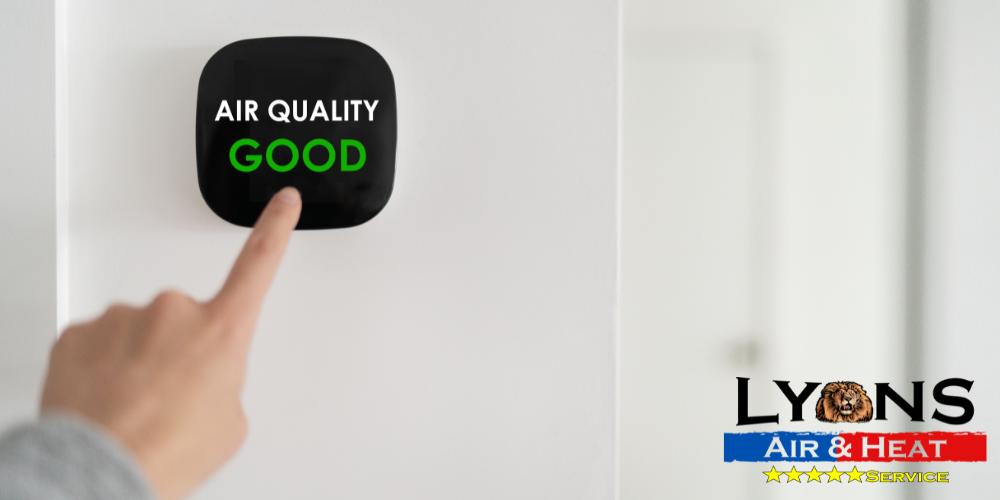
Are Fresh Air Intakes Required?
Fresh air intakes are not required in Texas. However, at Lyons Air & Heat, our professional HVAC technicians firmly believe that every new system installed today should have a fresh air intake. It should not be optional, it should be mandatory.
State laws do not force the issues, but health concerns do. Products that we use in our homes have Volatile Organic Compounds (VOCs) that put out gases as they age. Without a fresh air intake, these VOCs can build up and cause allergic reactions, asthmatic symptoms, and can even require medical treatment to compensate for the contaminated air. Unfortunately, the medical industry does not recognize contaminated air as a medical condition, as they can’t measure that when you go for treatment. They can only address the problem after the fact. One way to prevent the need for medical treatment and keep the air inside your Rockwall home or business safe and breathable is by ensuring your HVAC system has fresh air intakes.
Should I Add a Fresh Air Intake to My HVAC?
Generally, about 5-10% of outside air is desirable. If you don’t have fresh air inside your system, should you add it? The answer is YES, especially if you’re looking to replace your old system or install a new HVAC system.
Of course, there are certain factors that you must consider, including:
- Clean air source
- Must be taken from outside
- Must be away from contaminated fresh air – such as water heater vents, dryer vents, etc.
- Must be filtered
The overall effect of fresh air intake is to dilute what pollutants are in your house, refresh the air, and make it all more breathable.
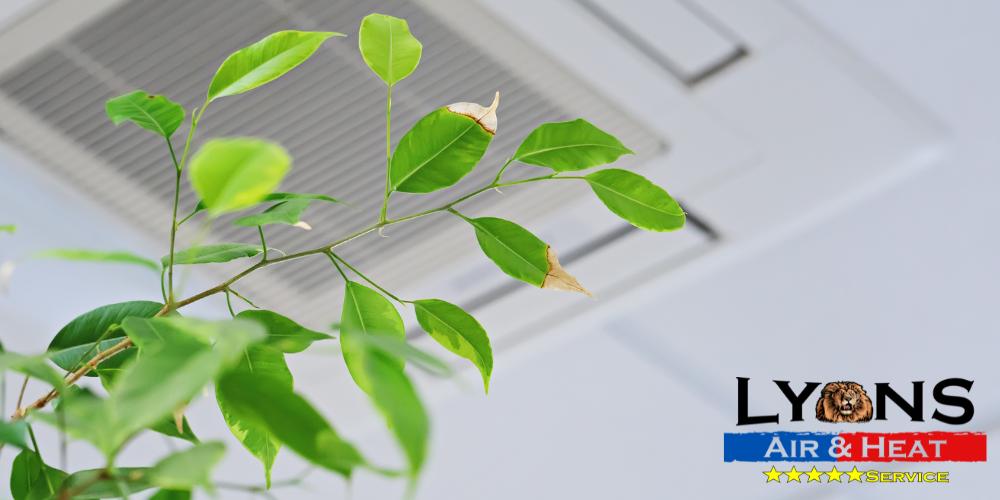
Trust the Rockwall HVAC Experts at Lyons Air & Heat for Your Indoor Air Quality Solutions
Just remember – the best filter in your house is your lungs. They will be happy to filter the contaminants, but the more you breathe these contaminants, the sicker you get. Let’s clean the air and reduce the problems.
At Lyons Air & Heat, we are dedicated to improving indoor air quality for our clients in Rockwall, TX and the surrounding areas. To learn more about fresh air intake or to schedule an appointment, please call our experienced HVAC technicians today at (214) 432-2859. You can also reach out to us online via our online intake form. We look forward to serving you!
